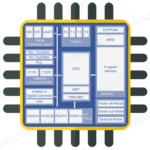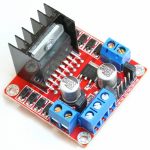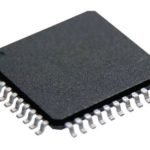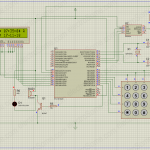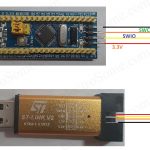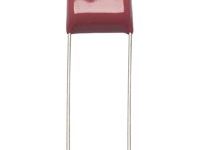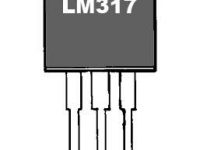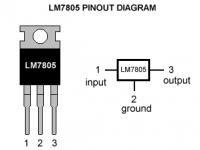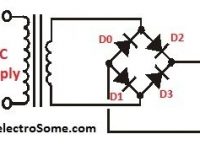Paper Battery – The Future Power Source
Contents
Do you feel that the batteries we use now are bulky??
Here comes the solution for the problem of bulkiness.
The Paper Battery

A paper battery is an energy source which is more flexible and thin. This device is a combination of carbon nanotubes with cellulose based paper. The paper battery can act in two ways. A battery as well as a super capacitor. These non-toxic, flexible batteries can be used as a power source to next generation electronic devices, medical devices, hybrid vehicles, etc.
The Future Power Source
Scientists have developed batteries of size slightly larger than a postal stamp that can produce energy that is enough to illuminate a small bulb. In future we can expect a stack of paper batteries that is able to power up a car. These are the power source to next generation electronic devices, medical devices, pace makers, hybrid vehicles, etc.
Working
A normal battery contains a lot of separate components. While in a paper battery all these components are made to a single unit, which makes it more energy efficient.
The main components of a paper battery are carbon nanotubes having thickness one millionth of a centimeter. The carbon is the reason for the thick black colour for the battery. These nanotube films act as the electrodes which are embedded in cellulose based paper, soaked in ionic electrolytic liquid. The electrolyte does not contain any water content. So as there is nothing to freeze or evaporate, it can be used in any environmental conditions. The battery can produce power even if it is folded or cut.

Manufacture
One method is to grow the nanotubes on a silicon substrate and then filling the gaps in the matrix with cellulose. When the matrix is dried, the material can be removed the substrate. Combining the sheets together with the cellulose sides facing inwards, the battery structure is formed. The electrolyte is added to the structure.

Advantages
The main advantage of the paper batteries is that it can be folded, cut or shaped for the required applications without any loss in its efficiency. If the battery is cut into half, the energy produced by them is halved. Stacking more than one paper batteries multiplies its power output. A sample of size of a postal stamp is able to produce about 2.5 volts of electricity. These batteries are also environment-friendly. Presence of cellulose and lack of toxic contents in paper batteries makes the device environmentally friendly, compared to the traditional lithium ion batteries.


